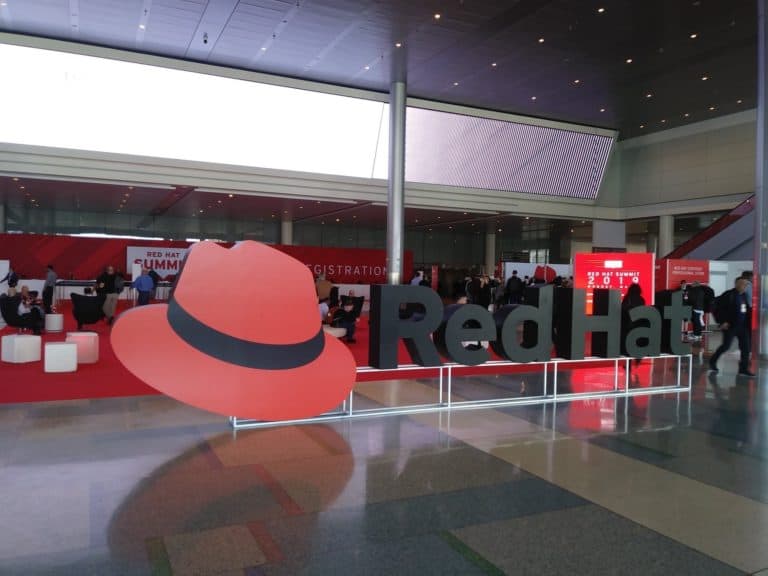Red Hat has released a major update to its business flagship Red Hat Enterprise Linux (RHEL) 8 open-source operating system with version 8.2. More monitoring tools and container solutions should make the open source business operating system work even better for hybrid and multi-cloud environments.
The RHEL 8 open source operating system makes it easier for companies to better manage and run their various workloads in physical, virtualised, and cloud environments. With the release of version 8.2, the entire operating system has been redesigned for the hybrid and multi-cloud cloud. The hybrid cloud has long been Red Hat’s primary focus. In addition, the improvements implemented should also support the operating system more for use in different public cloud environments, Red Hat said.
In version 8.2, more attention has been paid to new monitoring capabilities and the use of containers. Both tools should provide developers with more isolation capabilities and improved privacy.
Expansion possibilities Red Hat Insights
The new monitoring tools are part of Red Hat Insights, which was already included as standard in RHEL 8 last year. This tool proactively uses predictive analysis to help detect and resolve a variety of IT problems, from security issues to stability issues. The tools now added to Red Hat Insights should give administrators and developers more insight into IT security, compliance posture, and greater operational efficiency.
The Policies and patch services now added to Red Hat Insights should help developers define and monitor which Red Hat product recommendations are important to RHEL instances. The new Drift service should help administrators compare all their systems against basic requirements. This will allow them to develop a benchmark to reduce complexity and troubleshoot problems.
Other functionality added for Red Hat Insights is an improved version of Control Groups to improve resource management. This by preventing certain calculation processes from using too much system memory. Improved monitoring and performance improvements have also been implemented with the advent of Performance Co-Pilot (PCP) version 5.02. This version now offers collection agents for the Linux version of Microsoft SQL Server 2019.
More focus on containers
In addition to the improved and added management and monitoring tools, RHEL 8.2 has also gained more functionality for containers. For example, the latest version of the business open source operating system introduces an update application stream for the Red Hat container tools for 24 months.
Naturally, a number of new tools are also being introduced. Red Hat is now releasing (preview) container versions of its tools Buildah and Skopeo. Buildah is a command-line tool to quickly and easily build Docker- and Kubernetes-compatible images. Skopeo is an open source tool for copying images.
New is the container tool Udica, which allows developers to create custom container-centric SELinux policies more easily. When Unica is applied to certain workloads, the tool prevents them from ‘breaking out’ of a container and causing problems with other containers or the container host.
Other updates
Other improvements in RHEL 8.2 are for the Red Hat Universal Base Image. This solution is a basic environment for, among others, cloud-native and web-based applications. Added functionality includes support for the OpenJDK and .NET 3.0 programming languages, and improved single command access to the source code for an image. Of course, improvements have also been made to the overall user experience of the enterprise open source operating system.
RHEL 8.2 will soon be publicly available through the Red Hat Customer Portal.
